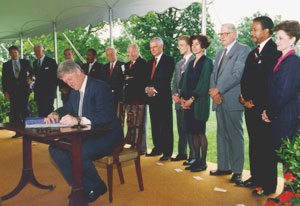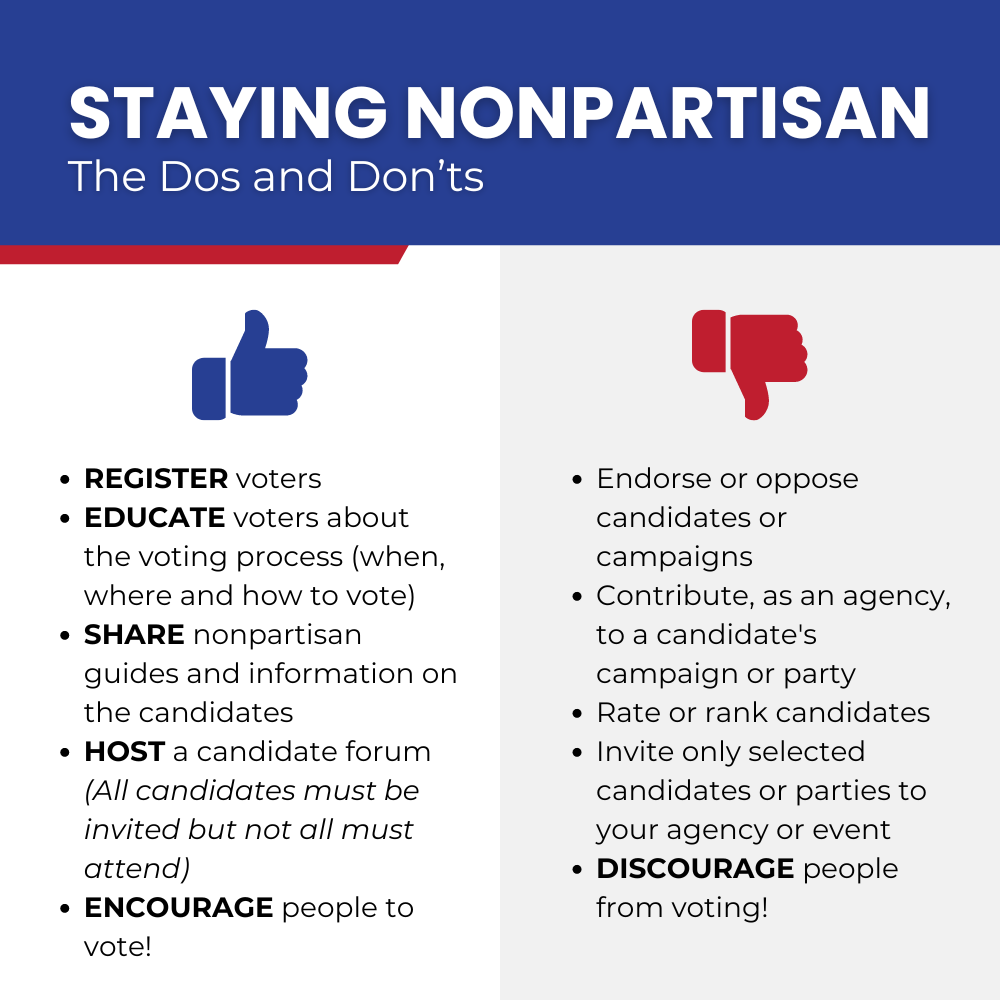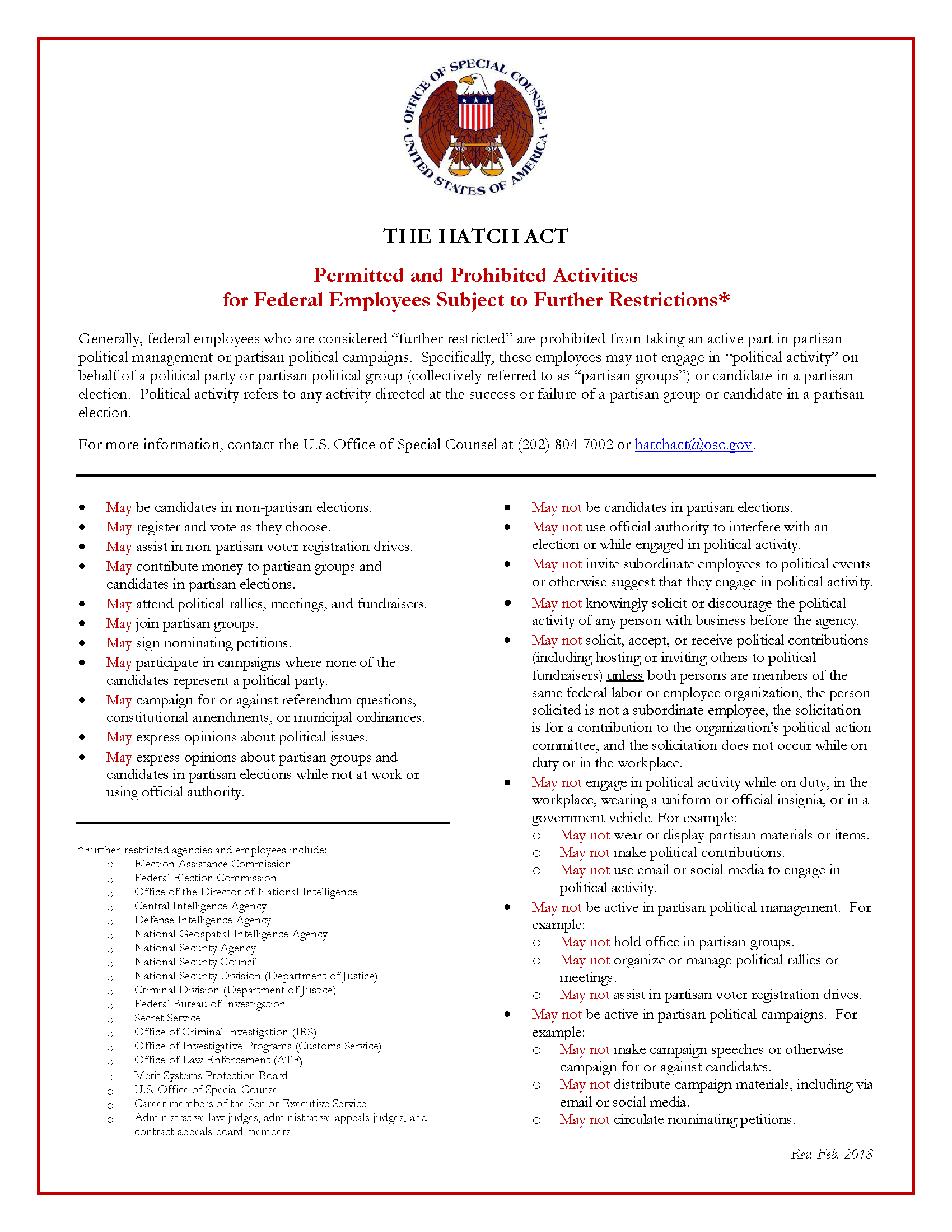Nonpartisan voter engagement is legal, ethical and professional
Most social workers and agencies cite concerns over partisanship as the primary reason they do not support others to vote, including clients and staff. In fact, nonpartisan voter engagement is legal and in some cases required by law. Social workers connect clients and communities to the information they need all the time. Helping people to be informed voters is part of empowerment practice and supports their power to effect change in their communities.
National Voter Registration Act
The 1993 National Voter Registration Act (also referred to as the “motor voter” law) requires most states to offer voter registration opportunities at motor vehicle offices. The law also requires state agencies and nonprofits to offer voter registration to individuals applying for federal social services, such as TANF, Medicaid, WIC, and SNAP.
Note: In a few very special cases, Congress has added stipulations on the use of certain federal funds to restrict voter registration activities.
View a full summary of the National Voter Registration Act

Hatch Act
Prior to the creation of the Federal Hatch Political Activity Act (Hatch Act) in 1939, there had been much concern about harmful political acts committed by federal employees. The Hatch Act itself is an attempt to overcome the challenges associated with concerns caused by harmful acts like “patronage systems” or systems of “spoil.” Patronage systems benefit partisan winners of elections and seek to maintain power over federal, state, and local governments by giving governmental job preference to supporters, friends, and family. However, the vagueness of the dos and don’ts concerning the civic engagement of federal, state, and local public services employees has led to a broad interpretation of the Hatch Act. Interpretations that have caused much confusion and fear surrounding the exact legal freedoms employees have pertaining to their participation in political activities.
This poster (right) includes more information regarding the Dos and Don’ts listed by the Hatch Act concerning Public/Government Agencies and Non-Profits.
There also continues to be confusion and inconsistency about whether some federal agencies can offer nonpartisan voter registration, including the Veterans Health Administration (VHA). This letter may provide guidance on the legality of this rule.
Resources
Nonprofit Vote's Checklist for non-partisan voter activities.
U.S. Office of Special Counsel State, D.C., or Local Employee Hatch Act Information
U.S Office of Special Counsel Hatch Act Advisory Opinions and Guidance Federal Advisory Opinions
Corporation for National and Community Service Restrictions on Ballot and Partisan Political Activity
U.S. Department of Veterans Affairs VA Clarifies Voter Registration Regulations
Elected officials pay attention to people and communities who vote. Staying nonpartisan means helping people to vote but not telling them who they should vote for or which party to support.

